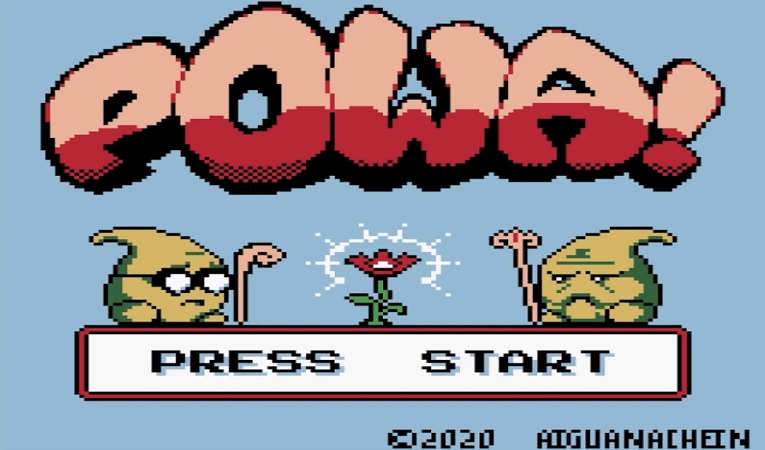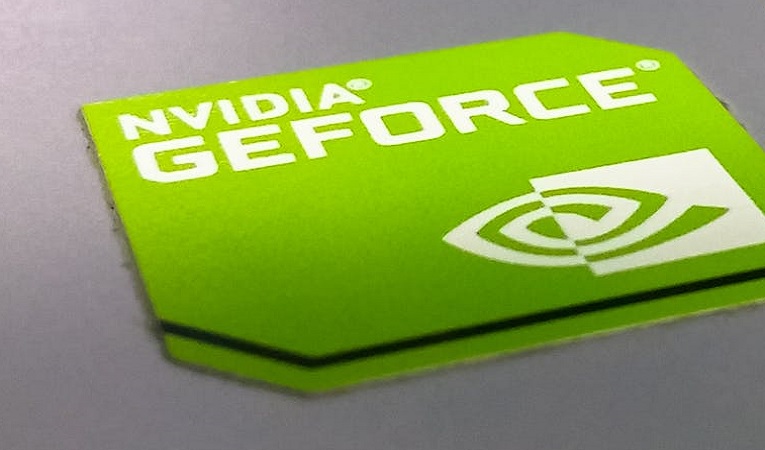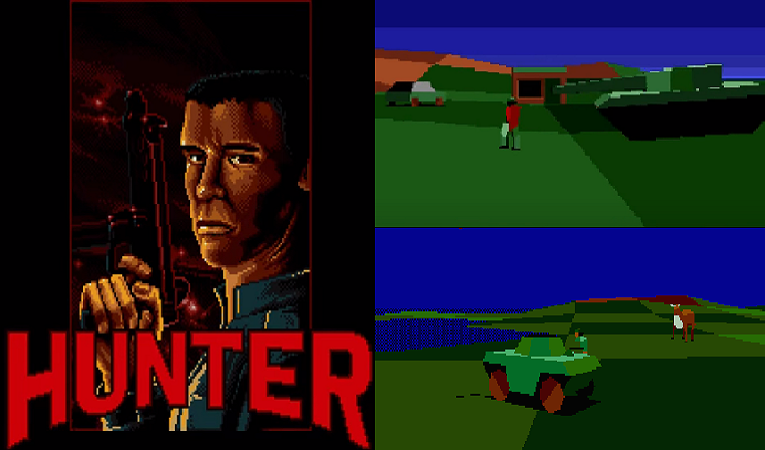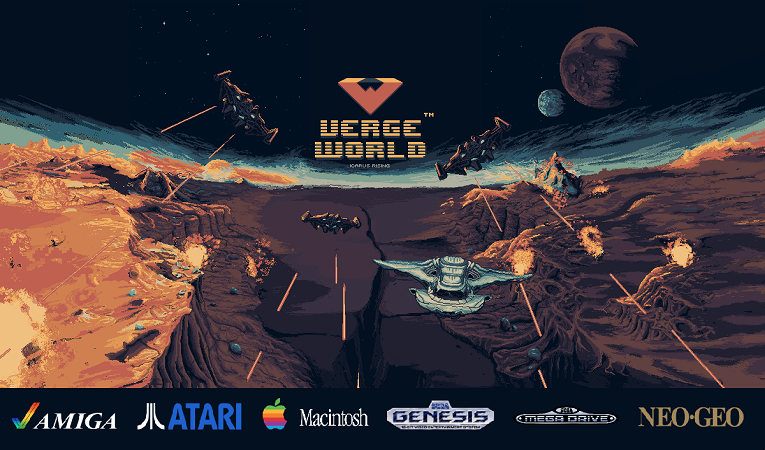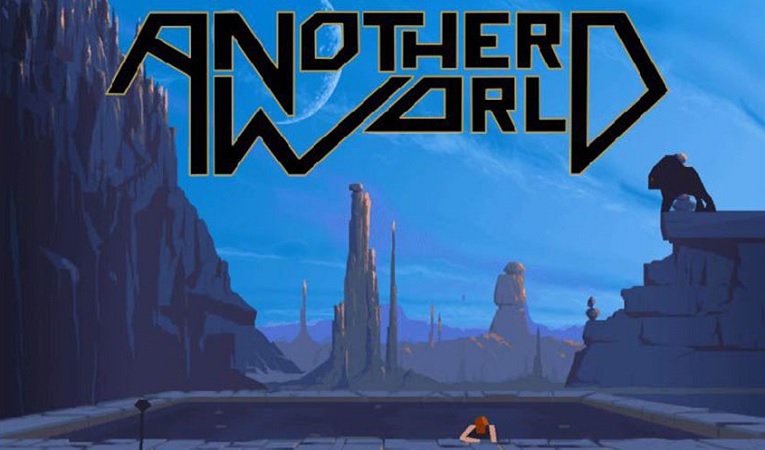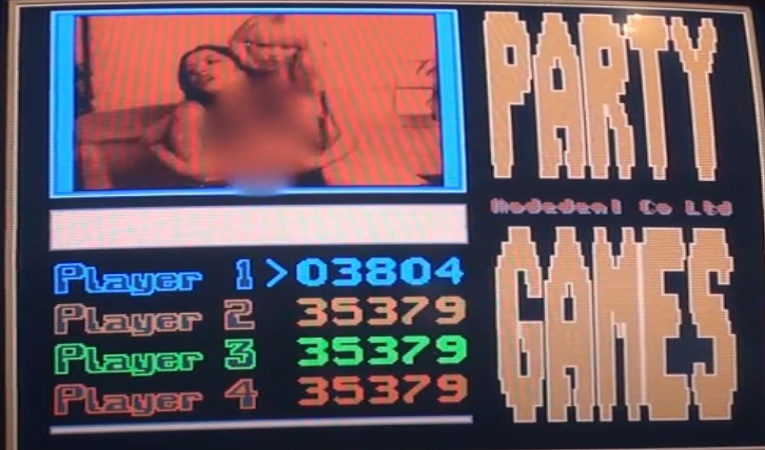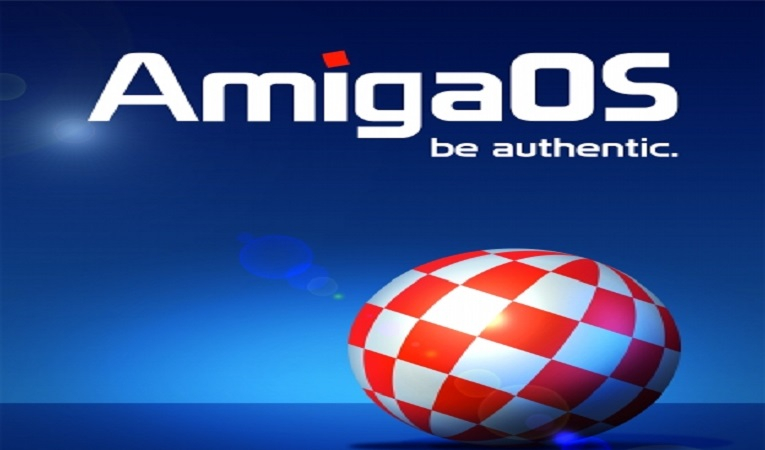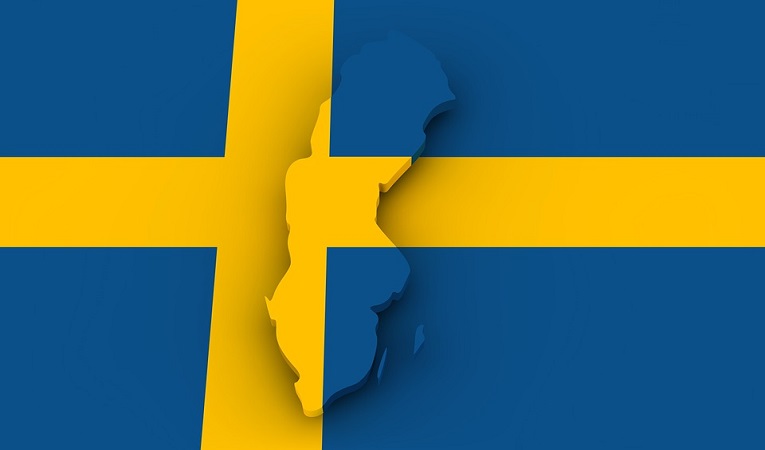
In the very early days of video games, successful international companies mainly came from Japan, the US and the UK. However, the Demo scene in Sweden, emerged in the early 1980s as a subculture of individuals using early home computers to showcase their programming skills through audio and video, primarily on C64 or Amiga computers, all of this started a revolution in Sweden and created an entire new industry in the land of Vikings. One company that emerged from this scene is Digital Illusions, now known as DICE, which was founded by four friends in 1992. DICE went on to create the popular games Pinball Dreams and the Battlefield franchise. This demonstrates how the Demo scene laid the foundation for the development of successful international video game companies. The biggest Swedish-registered gaming companies are King, Mojang Studios (developers of Minecraft), Paradox Entertainment, Ubisoft Entertainment Sweden, and so many others have made Sweden one of the most active game developer countries in the European Union. However, the Swedish Games Industry report predicts a shortage of 25,000 game developers in 2031 due to limited educational and recruiting opportunities. Still, in 2021, 616 out of 1,348 hired game developers had a higher education and 27% of Swedish game development students at higher education institutes are women. Despite everything, the Swedish game education system is not producing enough graduates to meet the demands of the industry. According to the report, the current education system is only able to provide for about half of the industry’s labor needs.
News source: Gameindustry.biz / image source: Pixabay







